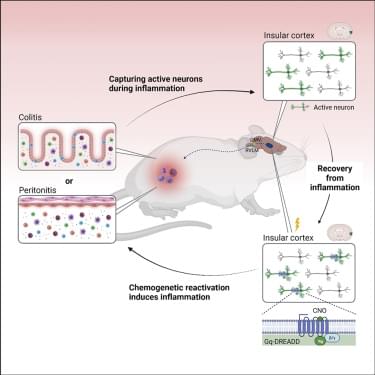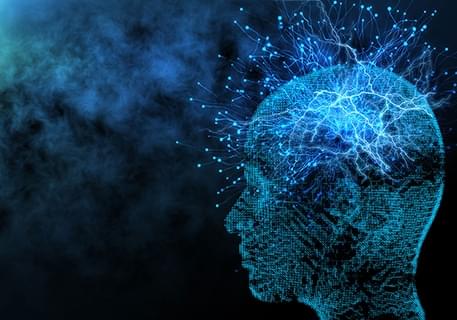For example, scientists recently treated a patient’s severe depression with a neural implant that zaps her brain 300 times per day and, she says, has allowed her to spontaneously laugh and feel joy for the first time in years. Of course, the treatment requires an electrode implanted deep into the brain, which currently reserves it for the most extreme medical cases — but as brain interface tech inexorably becomes more advanced and widely available, there’s no reason such a device couldn’t become a consumer gadget as well.
At the research’s current rate of trajectory, experts told Futurism, the tech could conceivably hit the market in just a few years. But what we don’t know is what it will mean for us, psychologically as individuals and sociologically as a society, when we can experience genuine pleasure from the push of a button. And all those questions become even more complex, of course, when applied to the messy world of sex.
“A big question that remains unanswered is whether sextech will ultimately become a complement to our sex lives or a substitute,” Kinsey Institute research fellow Justin Lehmiller, an expert on sex and psychology, told Futurism.







